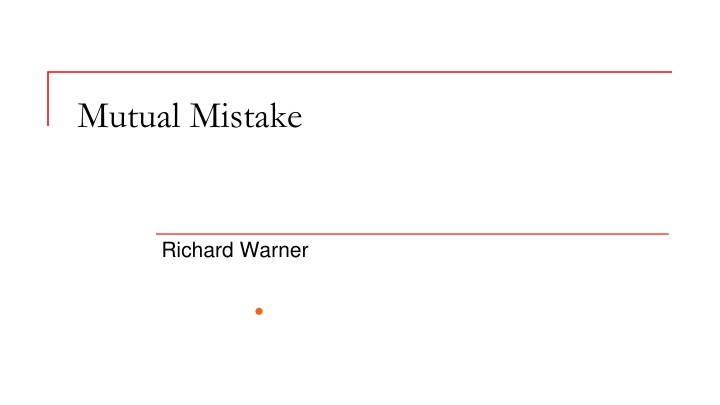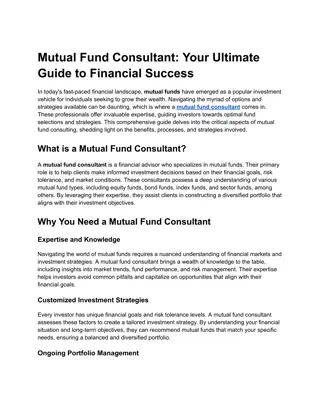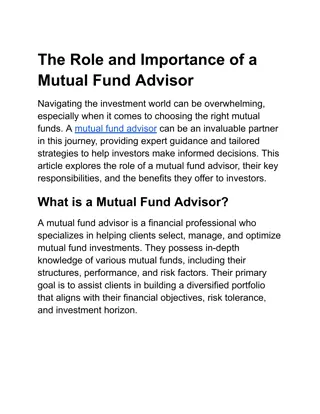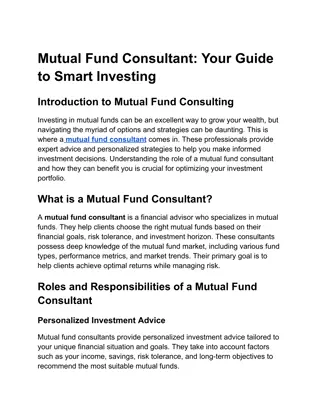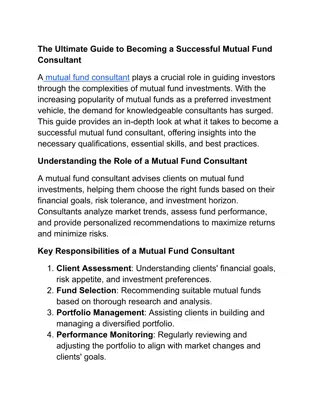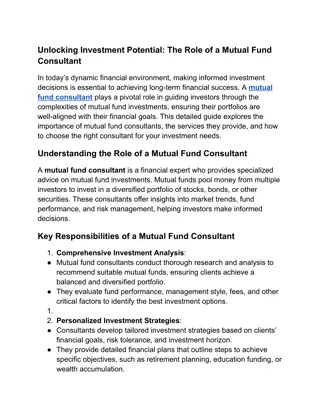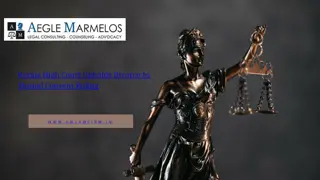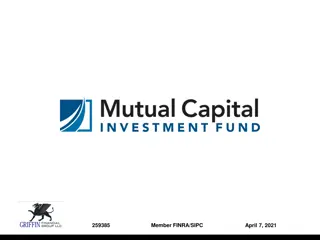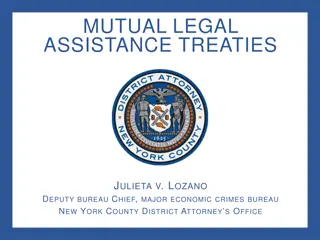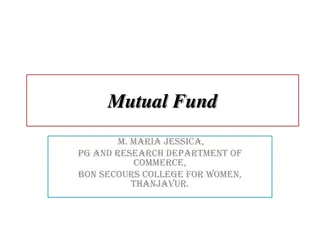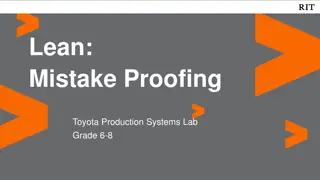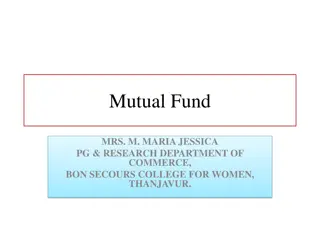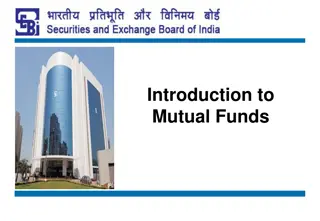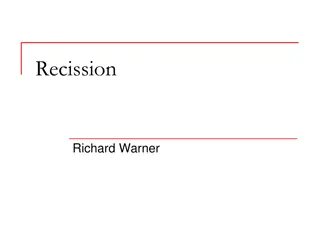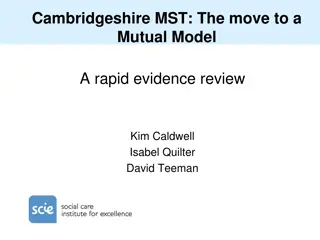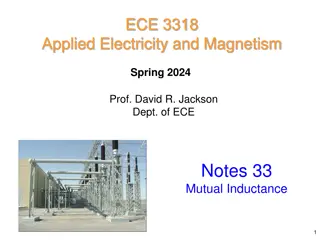Mutual Mistake and Its Legal Implications
Delve into the legal aspects of mutual mistake through the insightful analysis provided by Richard Warner. Discover how mutual mistakes can impact contracts and relationships, and gain a deeper understanding of the principles guiding such scenarios. Warner's work sheds light on the complexities involved, offering valuable perspectives for both legal practitioners and individuals navigating contractual agreements.
Download Presentation

Please find below an Image/Link to download the presentation.
The content on the website is provided AS IS for your information and personal use only. It may not be sold, licensed, or shared on other websites without obtaining consent from the author.If you encounter any issues during the download, it is possible that the publisher has removed the file from their server.
You are allowed to download the files provided on this website for personal or commercial use, subject to the condition that they are used lawfully. All files are the property of their respective owners.
The content on the website is provided AS IS for your information and personal use only. It may not be sold, licensed, or shared on other websites without obtaining consent from the author.
E N D
Presentation Transcript
Mutual Mistake Richard Warner
Mutual Mistake A party seeking excuse on the basis of mutual mistake must show: (1) that the parties entered the contract under a mistaken belief that is basic to the contract, and (2) that the party ought not to bear the loss caused by the event. When is a mistake mutual ? We look at Griffith v. Brymer to answer that question.
Griffith v. Brymer The case involves contract to rent rooms to watch King Edward's coronation parade. The parade was canceled, and the renter wanted out of the contract. Just like the frustration case of Krell v. Henry. In Griffith the court it lets the renter out of the contract--but this time it says because there was a "missupposition of the state of the facts which went to the whole root of the matter." Note the that the decision to cancel the parade was made at 10:00 AM on 6/24/02; the contract was signed at 11:00 AM that same day. When they signed the contract both parties still thought--mistakenly--that the parade would take place. This is the "missupposition". The difference between frustration and mistake is basically a question of timing.
What Makes the Mistake Mutual? June 26, 1902 June 26, 1902 The parties arrive at the belief independently, based on their own assessment of the evidence announcement Examine safe
Basic Assumption of the Contract The assumption has to be one that would be relevant to the parties willingness to enter the contract if they thought the assumption was false.
Who Ought to Bear the Loss in Griffith? Enforce Not enforce Griffith gets rent twice Griffith no worse off than if parade had not been canceled Rents it again when parade rescheduled Brymer pays for nothing Rents again when the parade is rescheduled Brymer does not pay for nothing Which option do you think is better?
Who Ought to Bear the Loss? The information/control approach. Ask: who is in a better position to have information relevant to avoiding the loss? Note in Griffith there is no difference between the parties in this regard. Who is in a better position to take steps to avoid the loss? Again, in Griffith there is no difference between the parties in this regard. Note the parallel with the Hadley rule.
The Safe Jones bought a safe at an estate auction. Before taking bids, the auctioneer noted that the safe contained an inner door that was locked and would have to be opened by a professional locksmith. Jones paid $50 for the safe; he later found over $32,000 in the compartment behind the inner door. (City of Everett v. Estate of Sumstad 631 P.2d 266 (1981).) Both parties believed that there was nothing of value behind the locked door. Can the estate rescind the contract on grounds of mistake? (a) Yes (b) No
The Safe: Information and Control Information: The estate In control of the safe Makes more sense for the state to bear the investigative expense Control The estate is in possession of the safe and controls access to it.
Sowle and Heyman Steve Sowle is the manager and lead singer of the band, Sounds of Sowle, which specializes in the big band sound of the 1940s. The band has just produced its first CD, Sowle First. Sowle is contacted by Steve, Hey, Man, Heyman of Heyman s Hang Out. Heyman says, I will pay you $5000 for one night to perform at Heyman s Hang Out to sing your Sowle music on December 7. Sowle responds by saying, That s a deal. Heyman happens to think Sowle music means rhythm and blues, not the big band sound Sowle thought Heyman meant. Neither Sowle nor Heyman was aware of the misunderstanding. The Sowle Sounds band is very popular, and Heyman hired them because of that. He does not really care what kind of music the band plays. Heyman claims that mistake doctrine excuses him from his contractual obligations to Sowle. (a) Heyman is correct. (b) Heyman is not correct.
